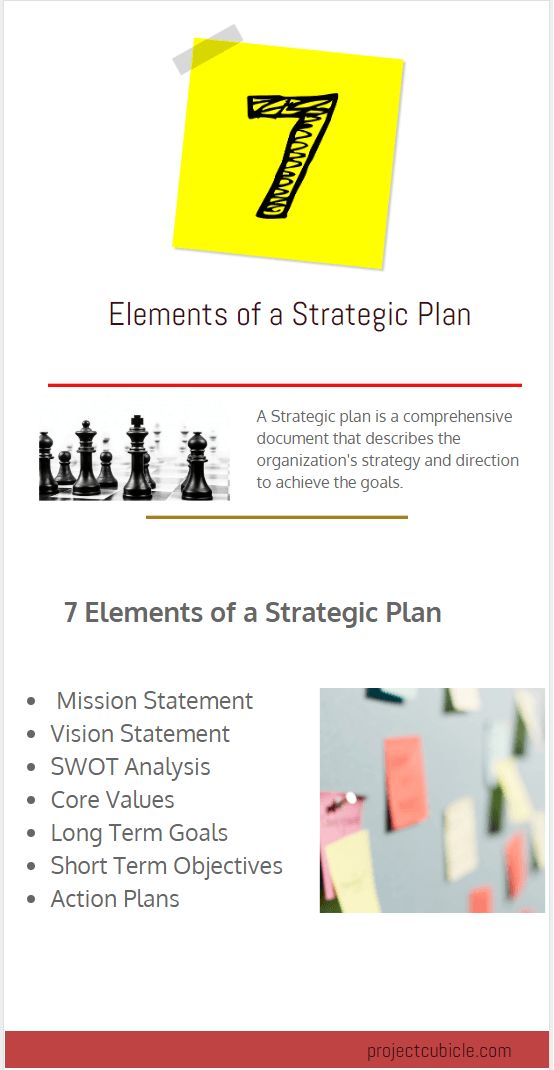Strategic thinking is an essential skill for success in both personal and professional endeavors. It’s the ability to plan and execute long-term goals while adapting to changes in the environment. However, making strategic thinking a habit can be challenging, especially if you’re used to reactive thinking. In this article, we’ll explore eight tips to help you make strategic thinking a part of your daily routine and achieve your goals.
Understand the Importance of Strategic Thinking
The first step to making strategic thinking a habit is to understand its importance. Strategic thinking enables you to identify opportunities, anticipate obstacles, and make informed decisions based on a long-term vision. It’s a critical skill for leaders, entrepreneurs, and anyone who wants to achieve success in their personal or professional life.
Set Clear Goals and Objectives
Strategic thinking is goal-oriented, which means you need to have a clear understanding of your objectives. Set specific, measurable, attainable, relevant, and time-bound (SMART) goals that align with your long-term vision. This will help you stay focused and avoid distractions that can derail your progress.
Develop a Strategic Mindset
A strategic mindset involves a willingness to take calculated risks and think outside the box. It requires you to consider multiple perspectives and explore different scenarios to find the best possible outcome. To develop a strategic mindset, you need to be curious, adaptable, and open to new ideas.
Gather Information and Resources
Strategic thinking requires a deep understanding of your environment, including market trends, industry changes, and consumer behavior. Gather as much information and resources as possible to inform your decisions. This may include conducting research, networking with peers, and seeking feedback from mentors.
Analyze and Evaluate Options
Once you’ve gathered information, analyze and evaluate your options. Look for patterns and opportunities that align with your long-term goals. Consider the potential risks and challenges associated with each option and develop contingency plans in case of unexpected events.
Develop Action Plans
Once you’ve identified your preferred course of action, develop a detailed action plan. This should include specific tasks, timelines, budgets, and performance metrics. Assign responsibilities to team members and ensure that everyone understands their roles and expectations.
Review and Adjust Your Plan
Strategic thinking is an ongoing process that requires constant review and adjustment. Monitor your progress and adjust your plan as needed based on new information or unexpected changes. Be flexible and adaptable to ensure that your goals remain aligned with your long-term vision.
You might find these FREE courses useful
- Strategic management: Be competitive
- Strategic Sales Management Specialization
- Strategic Management
- Strategic Management Certificate | IIM Kozhikode | Coursera
Practice Consistently
Finally, making strategic thinking a habit requires consistent practice. Set aside time each day or week to reflect on your goals and progress. Review your action plan and identify areas for improvement. This will help you stay focused and make strategic thinking an integral part of your daily routine.
In conclusion, strategic thinking is a critical skill for success in both personal and professional endeavors. By following these eight tips, you can develop a strategic mindset and make strategic thinking a habit. Remember to set clear goals, gather information, analyze options, and develop detailed action plans. Review and adjust your plan as needed and practice consistently to achieve your long-term vision.
